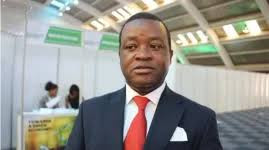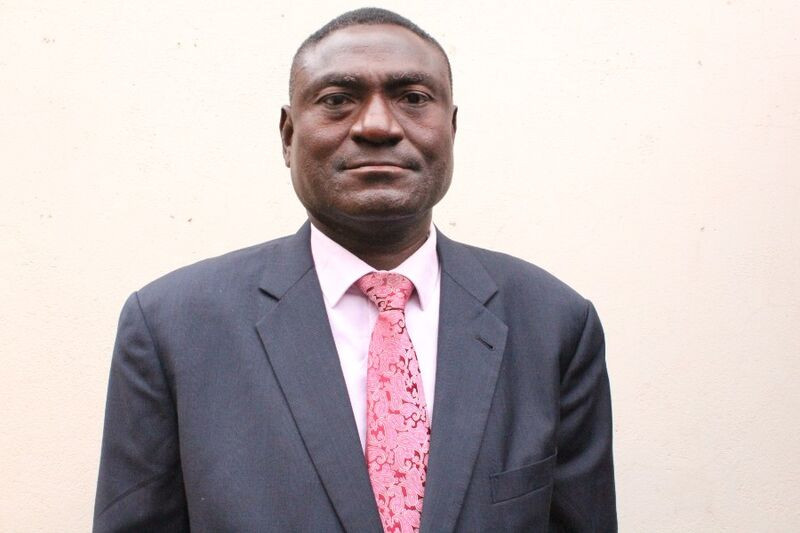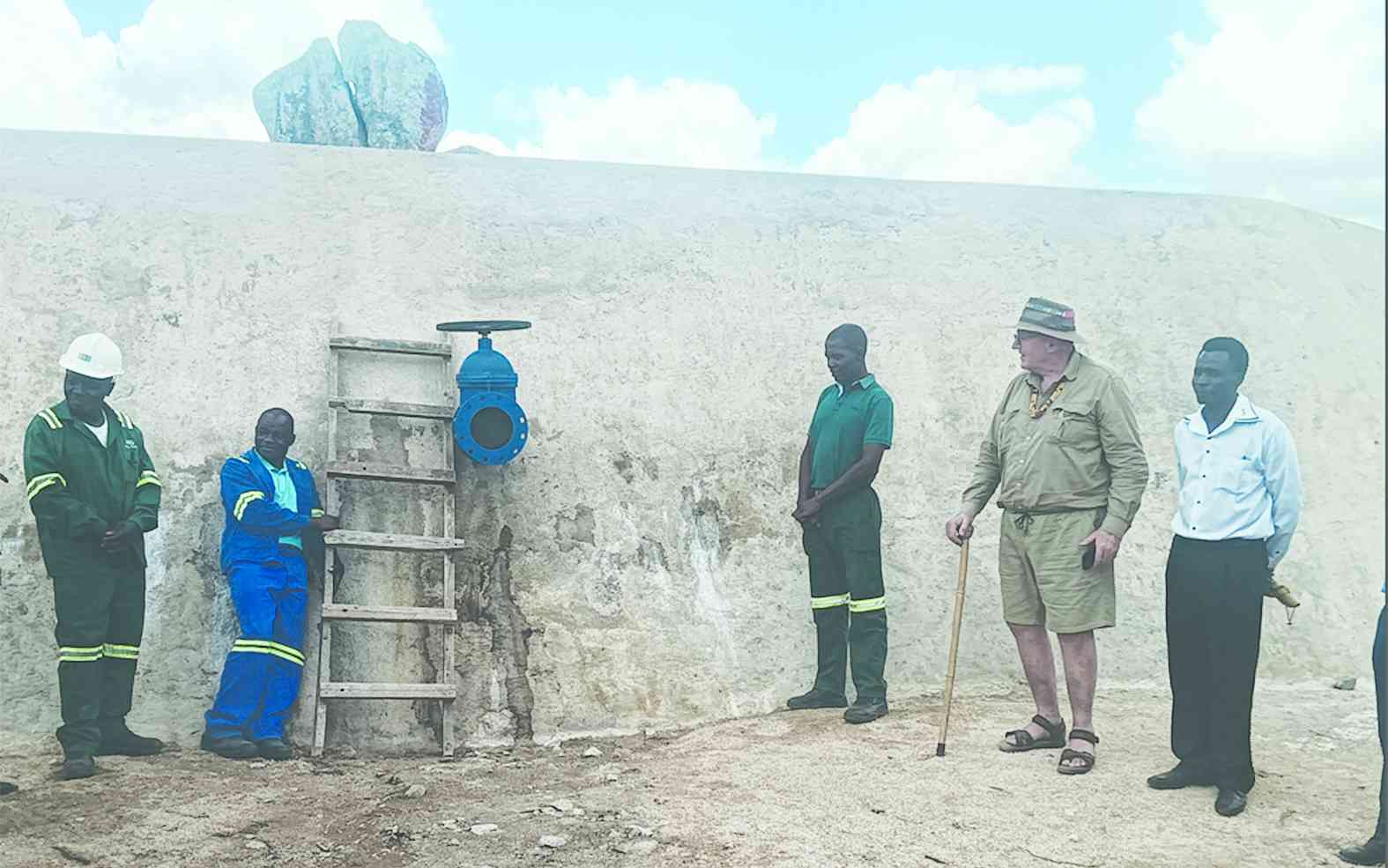
ZIMBABWEANS across the country have been challenged to act decisively on climate change amid warnings over recurring droughts, erratic rainfall and biodiversity loss, which are threatening livelihoods.
The call was made by Climate Preneur (Private) Limited executive chairperson Kwanele Hlabangane during a Sustainability Week and Green Business Expo held at the Zimbabwe International Trade Fair grounds in Bulawayo recently.
Participants shared ideas on how the nation can transform climate challenges into opportunities for growth, as leaders from government, business, academia and civil society gathered to chart a path towards a green economy that promises both resilience and prosperity.
Hlabangane urged Zimbabweans to act decisively on climate change and warned that recurring droughts, erratic rainfall and biodiversity loss were no longer distant risks, but urgent realities threatening lives and livelihoods.
“These threats are not abstract concepts, but lived experiences which we must confront collectively and turn into opportunities for innovation,” he said.
Hlabangane expressed concern over the immense pressure rapid urban growth is placing on the country’s water systems.
“Our water scarcity places us under a thousand fire hazards,” he said, calling for urgent solutions to protect communities and infrastructure.
He called for strengthening of public health, promotion of regenerative agriculture, advancement of sustainable mining, restoration of degraded ecosystems and modernisation of climate technologies.
- COP26 a washout? Don’t lose hope – here’s why
- Out & about: Bright sheds light on Vic Falls Carnival
- COP26 a washout? Don’t lose hope – here’s why
- Out & about: Bright sheds light on Vic Falls Carnival
Keep Reading
Hlabangane said effective policy frameworks were critical and pointed to partnerships with the University Co-operation on Climate Change as key to strengthening national climate governance.
“As a nation, we have committed under Max Delbrück Center for Molecular Medicine (MDC) 2.0 to reduce greenhouse gas emissions by 20% by 2030,” Hlabangane said, while urging collaboration across all sectors of society.
He added that everyone has a responsibility to connect ideas, foster partnerships and ensure inclusive participation in the transition.
Farmers shared innovations designed to sustain productivity under climate stress, while mining experts discussed environmentally-responsible extraction methods.
“Learn from international experiences by reducing pollutants, expanding renewable energy and exploring bio-mining,” Hlabangane said.
A landmark announcement during his address was the creation of the Zimbabwe Carbon Markets Authority.
Indications are that the new body will regulate carbon credit trading, set transparent rules and give investors the confidence to participate in Zimbabwe’s green economy.
“Listen not just for information, but for inspiration. Network not just for contacts, but for co-creators of innovation. Look for the idea that seems too ambitious and then find a partner who can help to make it real,” he told the audience.
Hlabangane said the event was expected to deliver a pipeline of renewable energy, water conservation and sustainable waste management projects.
He noted that it would also produce a draft action plan aligning city by-laws with national climate regulations and foster partnerships to deploy climate smart technologies that create green jobs.
“Climate change is a challenge, but it is also a huge opportunity. Zimbabweans must take a slice of that green economy cake and build resilience and prosperity for our nation.”
By positioning the green economy not only as an environmental necessity but also as an economic opportunity, Hlabangane said, the conference marked a decisive step in moving Zimbabwe’s climate strategy from policy papers to practical solutions redefining the nation’s development trajectory towards a sustainable future.









